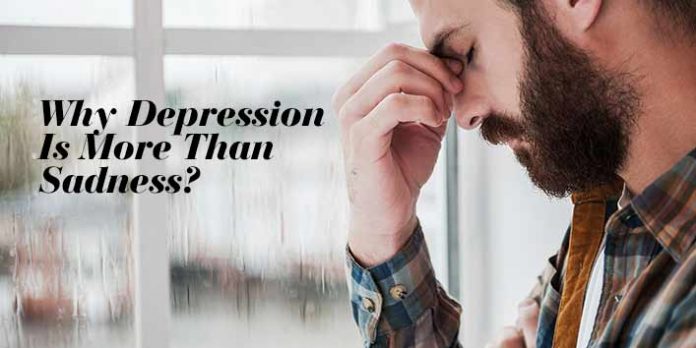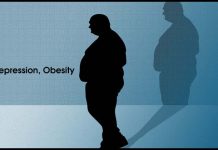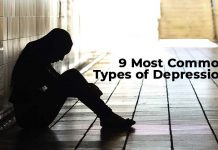
Do you think you are depressed? It is not surprising if you don’t know the answer to this question. A lot of people use the terms depression and sadness interchangeably. When we say, “I’m so depressed”, we mean “I’m so sad”. The never-ending sadness is not the only symptom. Apart from feeling sad, bouts of anger, pain in back, inappropriate sleeping habits, not being able to take decisions and cloudy mind are all give away signs of depression.
Sadness is painful. It can be agonizing at times. But it is a reflex to difficult life situations. When we say depression is same as sadness, we underestimate the intensity of the illness. We look past the debilitating symptoms that come with depression. We feel people should get over it quickly. But those having depression cannot get over it so quickly. It is chronic. And when they continue to be depressed, we lose patience and are no more compassionate towards them. According to us, it is wrong on the part of the person hit by depression as they are not trying hard and are not so motivated to come out of the illness, Sadness is only one small part of depression. In fact, some people who are depressed do not experience sadness. It is more about losing interest in activities that they previously enjoyed.
It is estimated that one out of six individuals or 16% of the people will experience depression at some point in their lives. But unless you are sure of your condition, you cannot get help that you need. Your doctor can test you for depression so next time you pay a visit to the doctor, do ask him if he can help you with it.
People who are depressed often feel isolated and withdraw socially. But this does not mean that they cannot seek help in these times. There is a simpler way out. If you do not want to physically visit your doctor, all the information regarding depression is available on Internet that you can access on your computer or smart phone.
The online screening programs [1] give you a synopsis and tell you if your answers are consistent with depression and gives you a list of resources or materials that you should take along on your next visit to the doctor. This is not a formal diagnosis, but you can start seeking help through these platforms.
There are many services available. For example, there is a provision of connecting you to trained counselor who can change your situation for good and take you from crisis to cooling you down, all through text. Many of these services are confidential and free. So, anyone going through a crisis situation can avail these services.

The National Alliance on Mental Illness can open you up to a plethora of mental health resources, including depression. Visit their website [2] or call their helpline in their working hours.
You need more information, you can make use of social media and hold conversations with experts. Remember, depression is a debilitating condition and it affects different people in different ways. So, you must be prepared to deal with it.










